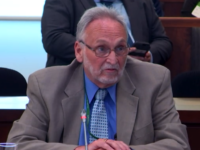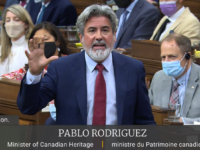Just over 11 years ago, I wrote a column for the Toronto Star titled U.S. Web-Streamed TV Could Change Game for Canadian Broadcasters. The piece argued that Internet streaming of television was in its infancy, but could soon become the norm with major implications for Canadian broadcasters:
While the use of the Internet to by-pass Canadian broadcasters is still relatively rare – most U.S. programs bundle the broadcast and Internet rights together – the decision to stream the games directly into the Canadian market could soon become the norm. The key determinant will obviously be money. Once U.S. rights holders conclude that it is more profitable to retain the Internet rights so that they can stream their programs online to a global audience and capture the advertising or subscription revenues that come with it, Canadian broadcasters may find that they can only license broadcast rights with the U.S. rights holders competing directly with them via the Internet.
I continued by noting that the Internet was on the verge of disrupting the longstanding Canadian broadcast model and its reliance on cheap U.S. programming. I speculated that the result would be that Canadian broadcasters would recognize the need to create their own content that they could licence online around the world.
That column came to mind during Bell’s appearance before the Heritage committee on Bill C-11 yesterday.
Read more ›











